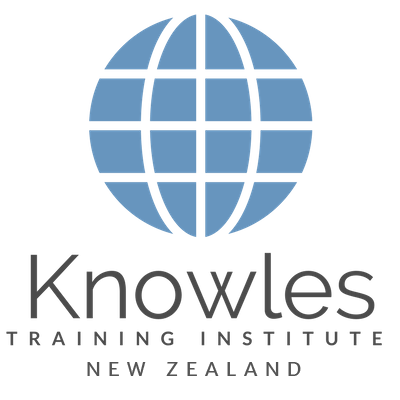Public Speaking Training Course in New Zealand
Our corporate training course is also available in Auckland, Wellington, Christchurch, Hamilton, Tauranga, Napier-Hastings, Dunedin, Palmerston North, Nelson, Rotorua, New Plymouth, Whangarei, Invercargill, Wanganui, Gisborne, Lower Hutt, Upper Hutt, Porirua, Waitakere, Manukau, North Shore, Hastings, Levin, Timaru, Papakura, Pukekohe East, Taupo, Masterton, Levin, Tokoroa, Queenstown, Wanaka, Kaikoura, Paihia (Bay of Islands), Franz Josef, Milford Sound, Akaroa, Arrowtown, Coromandel Town.
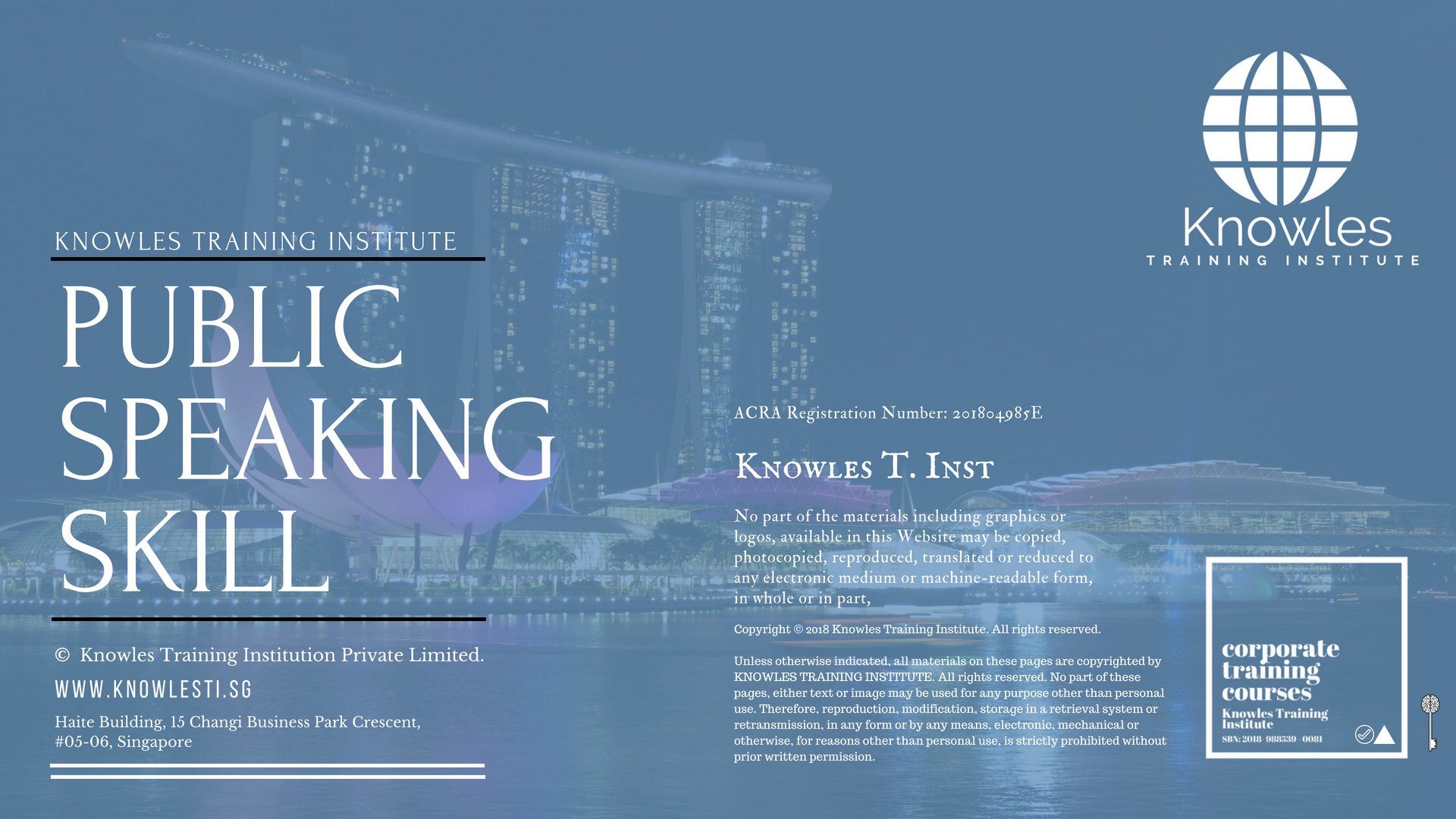
About This Public Speaking Course in New Zealand
Public Speaking Skill Course For Adults in New Zealand
Public Speaking Course in New Zealand – Public speaking involves talking in front of unknown crowds. It usually involves numerous people, a speech to communicate in front of a broad audience. In public speaking, the message is meant to inform, influence, or, entertain a group of listeners. It always has an objective to achieve. There are many reasons why everyone should learn this skill and why there is a need to know how to do it. Everyone will have to speak publicly from time to time, whether it is talking in front of a team meeting or have a presentation in front of an audience.
Confidence is also a factor in public speaking. Gaining the confidence to speak over time is through experience, exposure, and practice.Employers highly value dynamic and well-prepared speakers. They tend to earn leadership positions and important client contact roles. A person with a job involving communicating, teaching or persuading will do better if they have public speaking skills. Register for this public speaking course now.
Group Size For This Public Speaking Skills Training Program in New Zealand
The ideal group size for this Public Speaking Skill course in New Zealand is:
Minimum: 5 Participants
Maximum: 20 Participants
Course Duration For This Public Speaking Skills Course in New Zealand
The duration of this Public Speaking Skills Course in New Zealand workshop is 2 full days.
2 Full Days
9 a.m to 5 p.m
Public Speaking Skills Course in New Zealand Objectives
Below is the list of course objectives of our Public Speaking Skills course in New Zealand
Public Speaking Course in New Zealand Objectives – Part 1
- Identify Various Public Speaking Methods.
- Identifying Your Audience Before Your Speech.
- Creating A Basic Outline Of Your Speech.
Public Speaking Course in New Zealand Objectives – Part 2
- Organising The Program.
- Fleshing Out Your Speech.
- Putting It All Together.
Public Speaking Course in New Zealand Objectives – Part 3
- Being Prepared For Your Speech.
- Overcoming Nervousness Before You Speak.
- Delivering Your Speech.
- Handling Difficult Questions And Answers.
Course Content For This Public Speaking Skills Training Course in New Zealand
Below is the list of course content of our Public Speaking Skills training course in New Zealand
Public Speaking Course in New Zealand – Part 1
The solution to effective public speaking is preparation. The better the speaker is prepared, the more confident she will feel.Preparation begins with identifying the audience. Some questions the speaker may ask: What do they know about the audience? What does the audience care about? What is important to them? Do they have any misconceptions about the speaking topic? These are the kinds of questions the speaker should ask as part of their preparation. Sitting down and listing the questions, and the speaker’s answers to them will give them an essential structure for their speech, around which they can add things and take them away as the speaker see fit.
Keeping the attention of an audience and addressing to what interests them is the most significant thing about any public speech. It is not solely about what the speaker says, but also how they say it. If the speaker has a message they want to get across, then think of how that message will communicate itself entirely to the audience they are speaking to.
- Performing a Needs Analysis Before Your Speech
- Preparing for a speech should start with considering the wants and needs of the audience. What is the audience interested in? What do they care about?
- Creating an Audience Profile
- Education: If the audience is well-educated, the speaker can utilise vocabulary more catered towards them.
- Identifying Key Questions and Concerns
- If the speaker has a good comprehension of their audience, they can probably predict the fundamental questions and interests they are likely to hold.
Public Speaking Course in New Zealand– Part 2
The foremost advantage of creating an outline is that it assists the speaker to organise their thoughts. The audience gets more out of a speech when it is well-organised. They also are more inclined to think that the speaker knows the subject wholly and has given some consideration on how to present it.
- Outlining the Situation
- Almost every speech addresses a predicament, an opportunity, or both.
- Recognising the Task That Had to be Performed
- The speaker’s assignment will be the organising principle for the rest of their presentation.
- Listing the Actions, The Speaker Took
- If a speech involves a list of actions, it is a excellent approach to illustrate the list on a slide or a flip chart. The audience may have a difficult time keeping more than three or four items straight in their head unless they see them displayed.
- Sharing the Results
- Sharing the results of a project involves answering a few basic questions
Public Speaking Course in New Zealand– Part 3
The solution to creating a well-organised speech or presentation is to keep the audience in mind. The speaker must start with something that will capture their attention and give them a definite idea of your topic.
- Making Organisation Easy
- The longer a speech goes on, the harder it is to sustain the attention of your audience.
- Organisational Methods
- It’s important to realise that most individuals will only remember a few key points from a presentation.
- Classifying and Categorising
- Categorising information is one way that individuals make sense of complicated topics.
Public Speaking Course in New Zealand – Part 4
Audiences are oftentimes a little sceptical about a speaker’s message, particularly if the speaker is speaking on a controversial subject.
- Distinguishing Appropriate Sources
- The Internet presents us with a constant stream of information, but how reliable is it?
- Building Credibility
- It is crucial to be 100% sure of your facts.
- The Significance of Citations
- When it comes to identifying information on any subject, going right to the leading experts to find it out is always a prudent move.
Public Speaking Course in New Zealand – Part 5
Once you have outlined your speech and lined up some substantial proof to support your ideas.
- Writing Your Speech
- Most of the time, it’s a grave idea to read a speech word for word.
- Adding a Plan B to Your Speech
- The speaker may encounter unexpected problems in giving presentations.
- Reviewing, Editing and Rewriting Your Speech
- How to effectively write the first drive.
Public Speaking Course in New Zealand– Part 6
Speech preparation serves various important purposes
- Checking Out the Venue For Your Speech
- Look through the checklist of thing to look out for in the venue.
- Gathering Materials For Your Speech
- Learn what sort of materials should the participants receive.
- A 24 Hour Checklist For Your Speech
- As a speaker, do you know what you’re going to say in the first 2 minutes?
Public Speaking Course in New Zealand – Part 7
It’s OK to be nervous. It’s probably a good thing.
- A Visit from the Boss
- Preparing For Your Speech Mentally
- In several cases, the anticipation of an event is the scariest part of it.
- Physical Relaxation Techniques
- There are two Relaxation Methods.
- Developing Confident in Front of the Crowd
- A speaker who fumbles with his materials gives an impression of bad organisation and lack of commitment.
Public Speaking Course in New Zealand – Part 8
Several simple steps can help you improve the delivery of your presentation:
• Start strong by preparing an opening that will capture the audience’s concentration.
• Discover how to use visual aids effectively.
• Moderate the volume of your voice.
• Rehearse beforehand.
- Beginning on the Right Foot
- The opening should be very short, in most cases, 1 to 2 minutes.
- Using Visual Aids
- Visual aids can: Refine data that may be challenging for the audience to understand.
- Checking the Volume of Your Voice
Public Speaking Course in New Zealand – Part 9
During the duration of a speech, the speaker needs to be aware of how things are going. Is the audience starting to lose interest? Do they need a break? Does the speaker need to do something different to change the pace? When it is time to wrap up the presentation
- Adjusting on the Fly
- Learn some adjustments speakers could make if the audience seemed to be losing interest.
- Gauging Whether Breaks are Required
- Wrapping Up and Winding Down
- A speaker may conclude a presentation with a question and answer session.
Public Speaking Course in New Zealand – Part 10
The way the speaker respond to questions will have a significant effect on what kind of rapport they are capable of building with the audience. If the speaker answer questions thoughtfully and respectfully, people will feel that they are taking them seriously.
- Ground Rules For The End of Your Public Speaking Program
- During the conclusion of the presentation, the speaker may employ a couple of techniques to ask the entire audience if they have any questions.
- Answering Questions That Sound Like an Attack
- Responding to antagonistic questions with an equally hostile response will cause the entire room to feel tense.
- Dealing with Complex Questions Effectively
- The question and answer session traditionally happens at the close of the presentation, so if the speaker excels in this section, people will remember that quite clearly.
Public Speaking Course in New Zealand Value Added Materials
Each participant will receive the following materials for the Public Speaking Skill course in New Zealand
Public Speaking Course in New Zealand Learner’s Guide
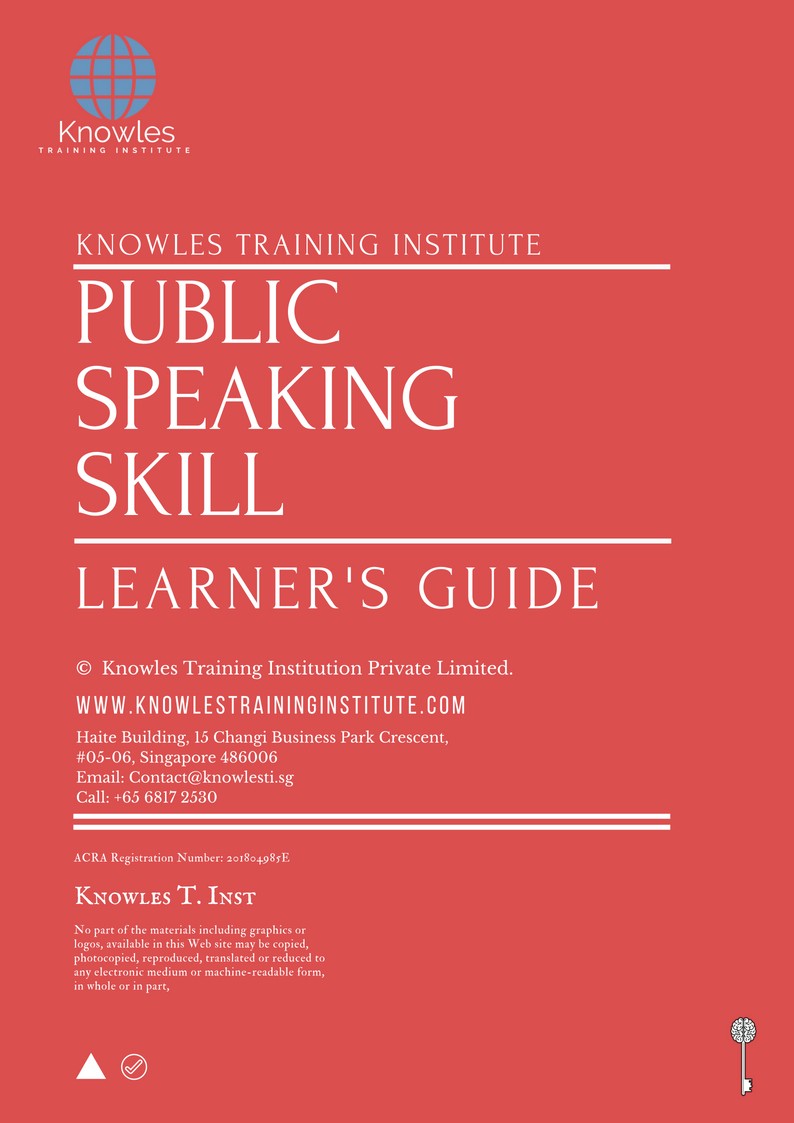
Public Speaking Course in New Zealand Handouts
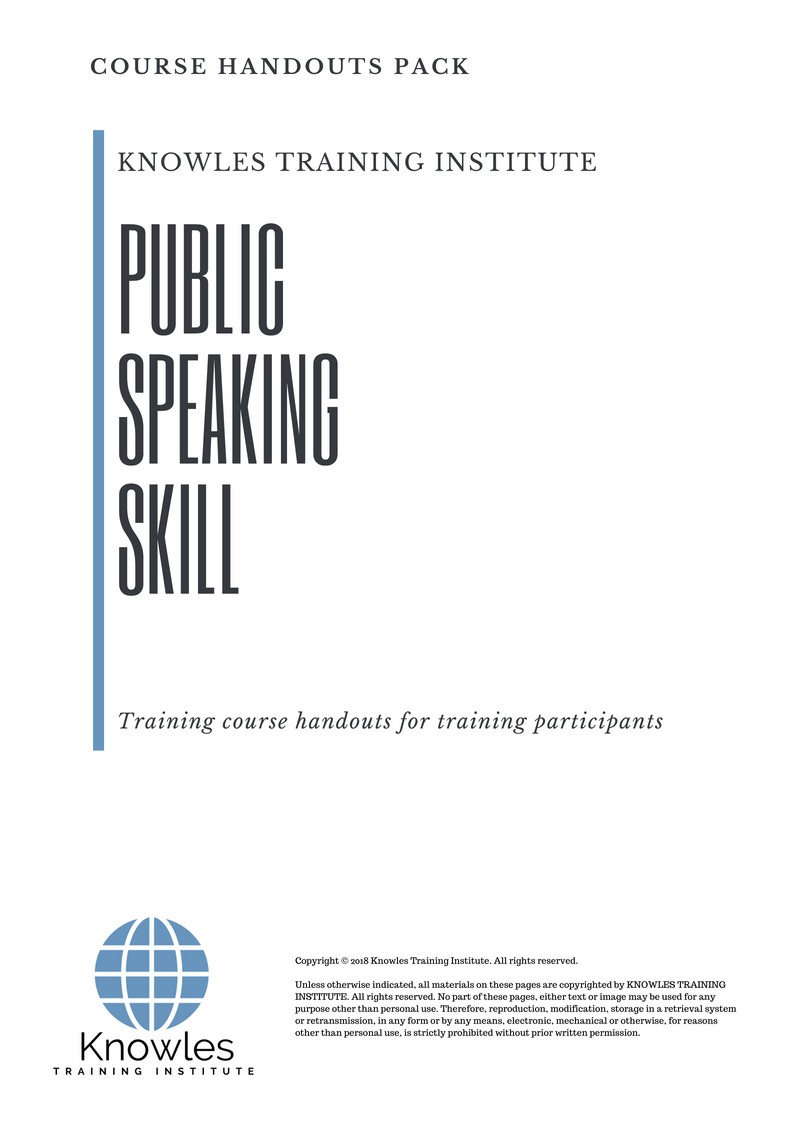
Public Speaking Course in New Zealand PPT Slides Used During Course
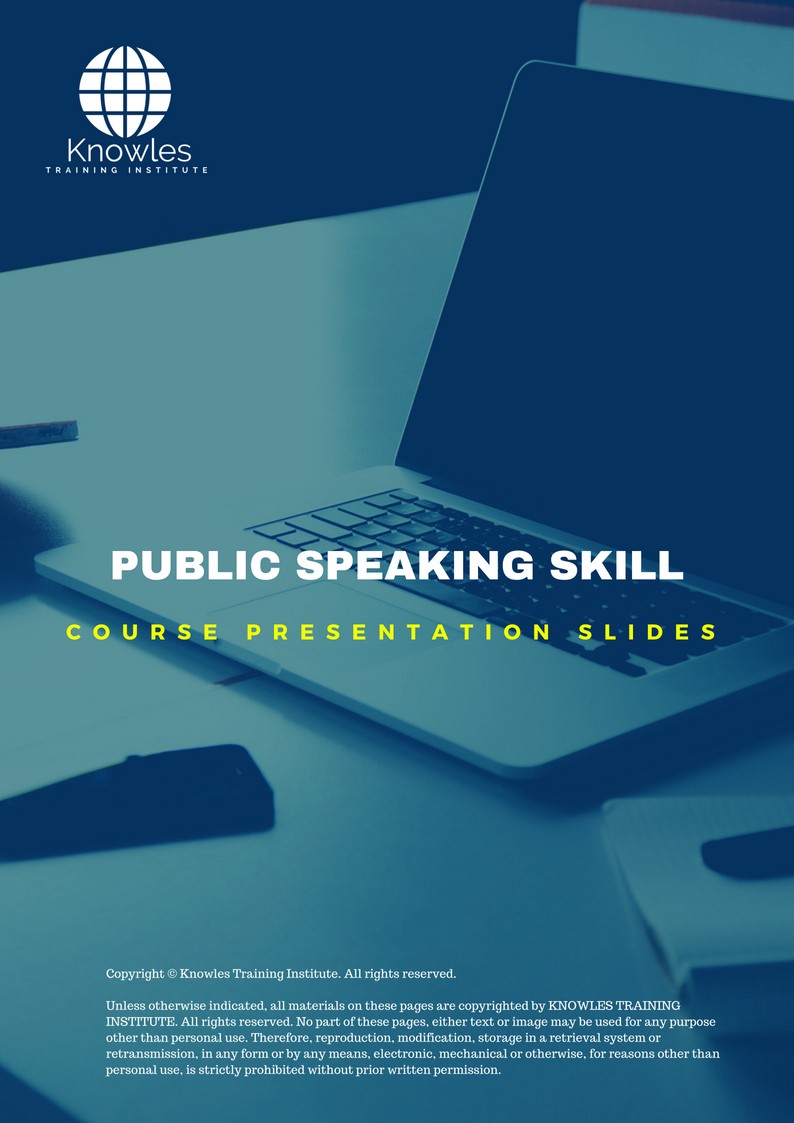
Public Speaking Course in New Zealand Certification
Each public speaking course training participant will receive a certification of training completion
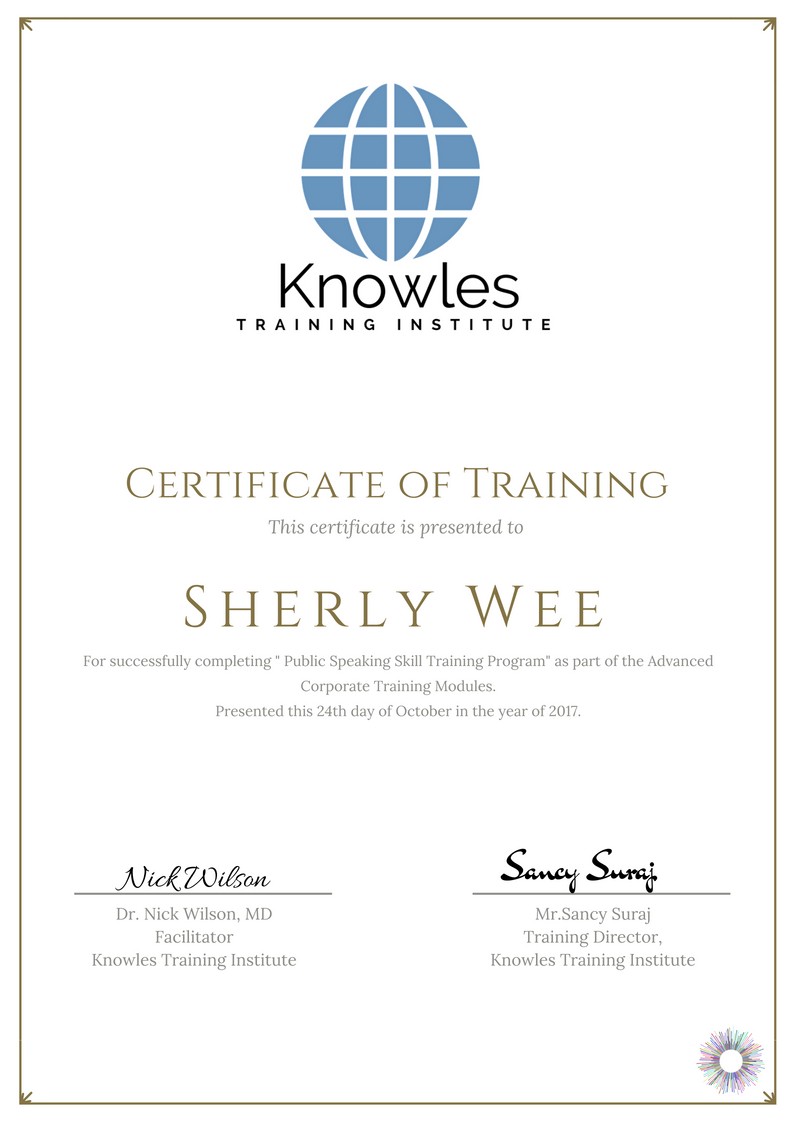
Course Fees For Public Speaking Course in New Zealand
There are 4 pricing options available for this Public Speaking training course in New Zealand. Course participants not in New Zealand may choose to sign up for our online Speaking Clearly training course in New Zealand.
- USD 679.97 For a 60-minute Lunch Talk Session.
- USD 289.97 For a Half Day Course Per Participant.
- USD 439.97 For a 1 Day Course Per Participant.
- USD 589.97 For a 2 Day Course Per Participant.
Discounts available for more than 2 participants.
Upcoming Public Speaking Training Course in New Zealand Schedule
Contact us for the latest Public Speaking course in New Zealand schedules:
Email: contact@knowlesti.nz
Message:
Download Public Speaking Course in New Zealand Brochure

Request for this Public Speaking course in New Zealand brochure. Fill up the short information below and we will send it to you right away!
Post Training Support: A vast majority of training does not have any effect beyond 120 days. To work, training has to have a strong pre- and post-training component. Post-training reinforcement helps individuals to recall the understanding and ask questions.
Blended Learning: Learning does not occur in the classroom. Virtually everybody prefers distinct ways of learning. Successful learning should have a multi-channel, multi-modal strategy.
- We Understand The Industry: We’ve got a profound comprehension of the business, business design, challenges, strategy and the that our participants are in and have designed the courseware to cater to their professional needs.
- Course Content: Knowles Training Institute’s material is relevant, of high quality and provide specific learning results. Participants will leave the training course feeling as they have gained a strong understanding and will also be in a position to execute what they have learned sensibly.
Course Development — The workshop modules follow a systematic and logical arrangement. This structure helps to ensure that the course material allows the facilitators to deliver the course in a logical arrangement. Consider the subjects as building bricks into learning, our facilitators slowly build towards a comprehensive picture of this entire topic.
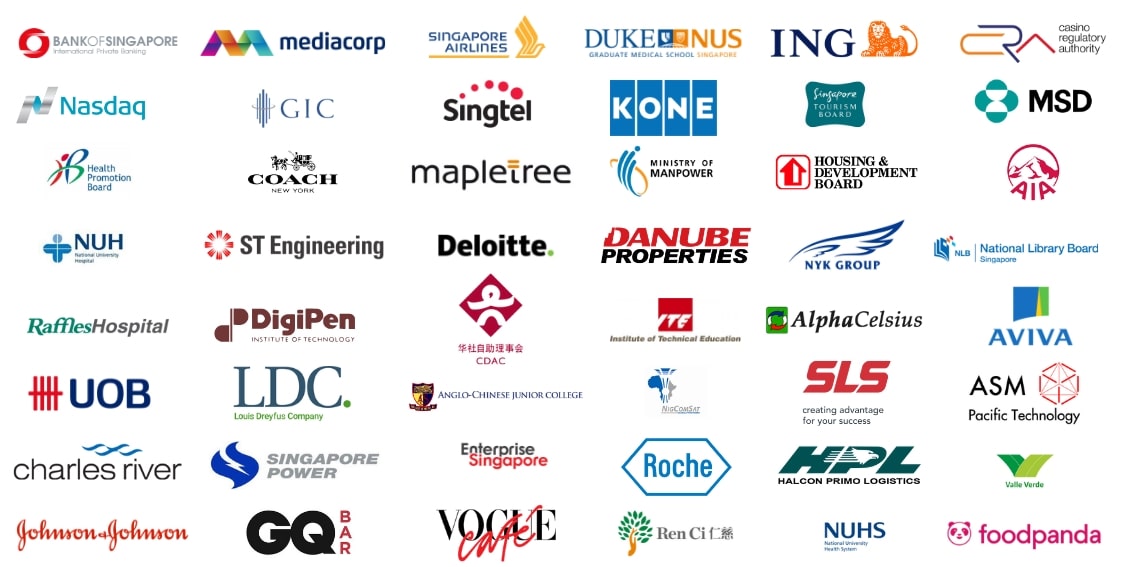

Register For This Public Speaking Course in New Zealand Now!
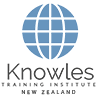
Fill up the form and we will get back to you in less than 1 working day.
Alternatively, give us a call to have one of our training consultants contact you. Our corporate training courses can be contextualized to meet your organization’s training needs. Leverage on our large pool of professional trainers and consultants for your organization’s training needs.
Email: contact@knowlesti.nz
We Guarantee 100% Privacy. We Respect Your Privacy. Your Information Will Never Be Shared.
